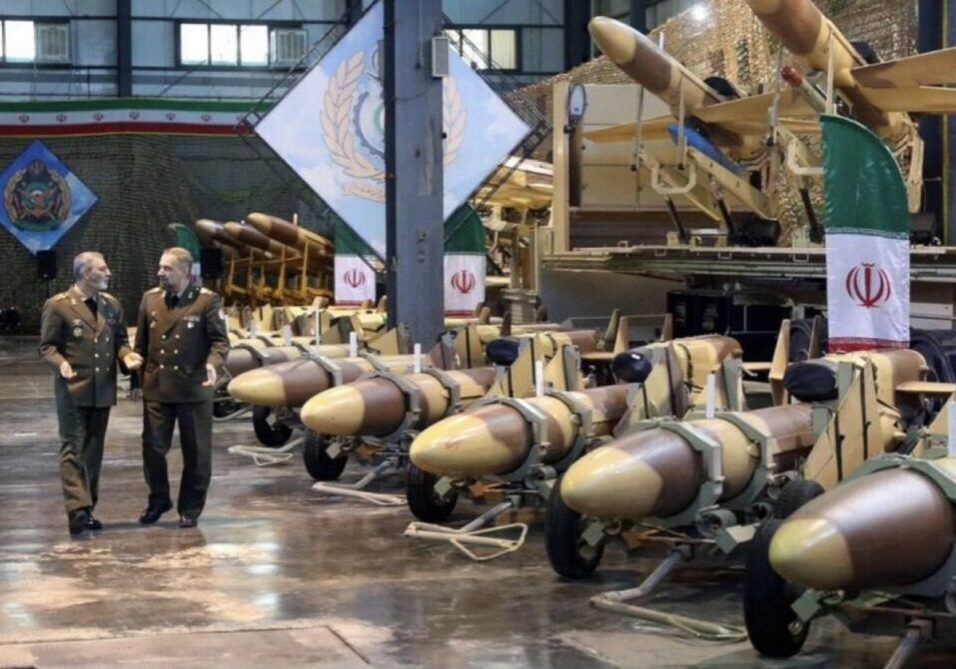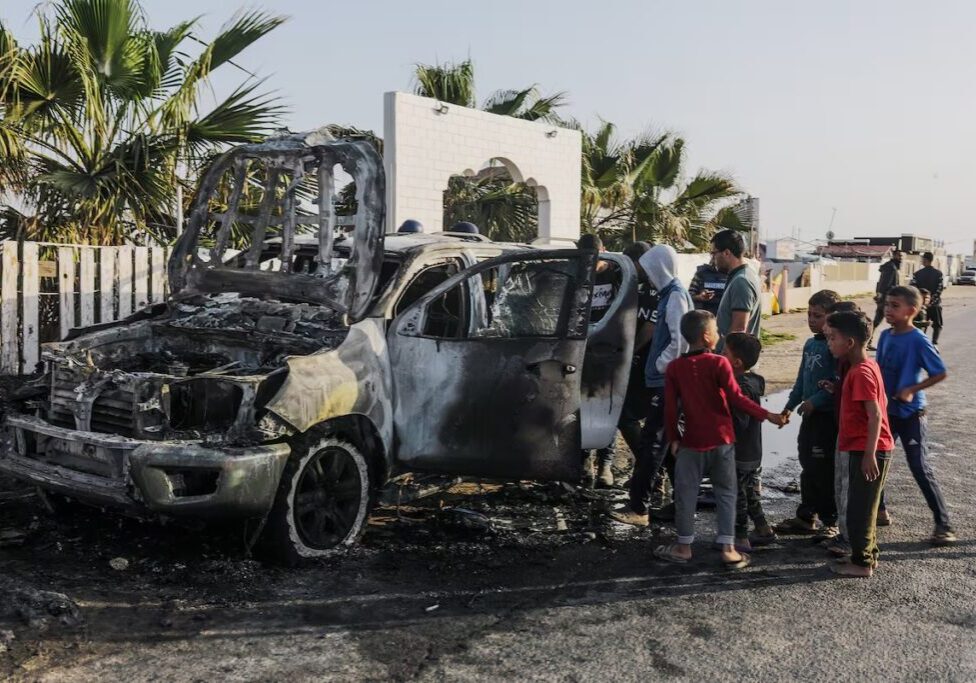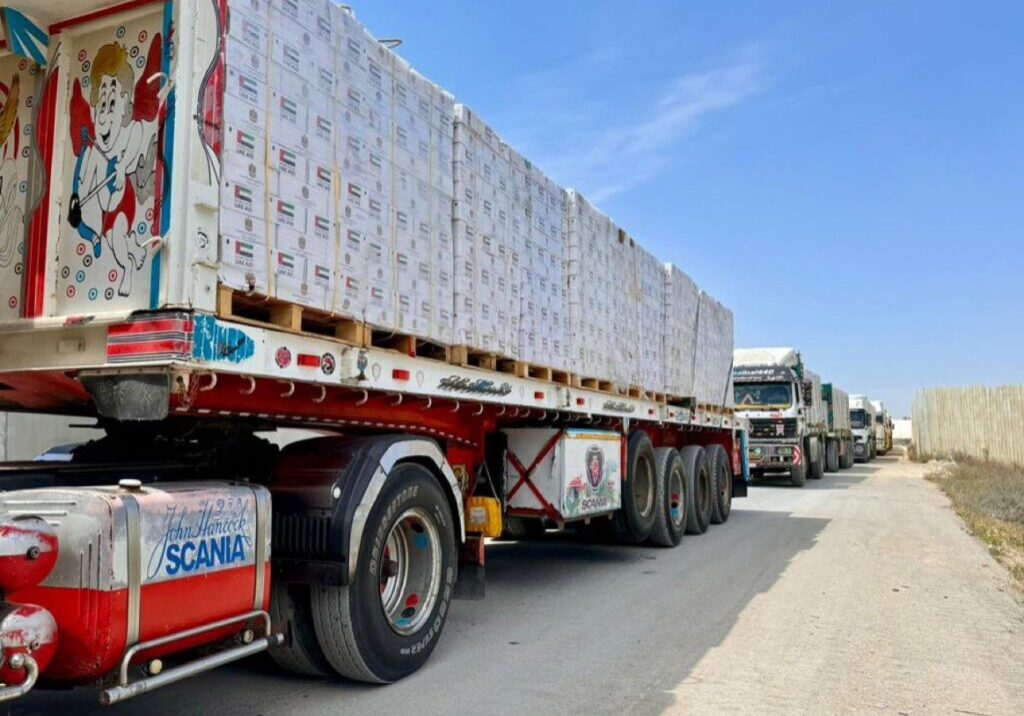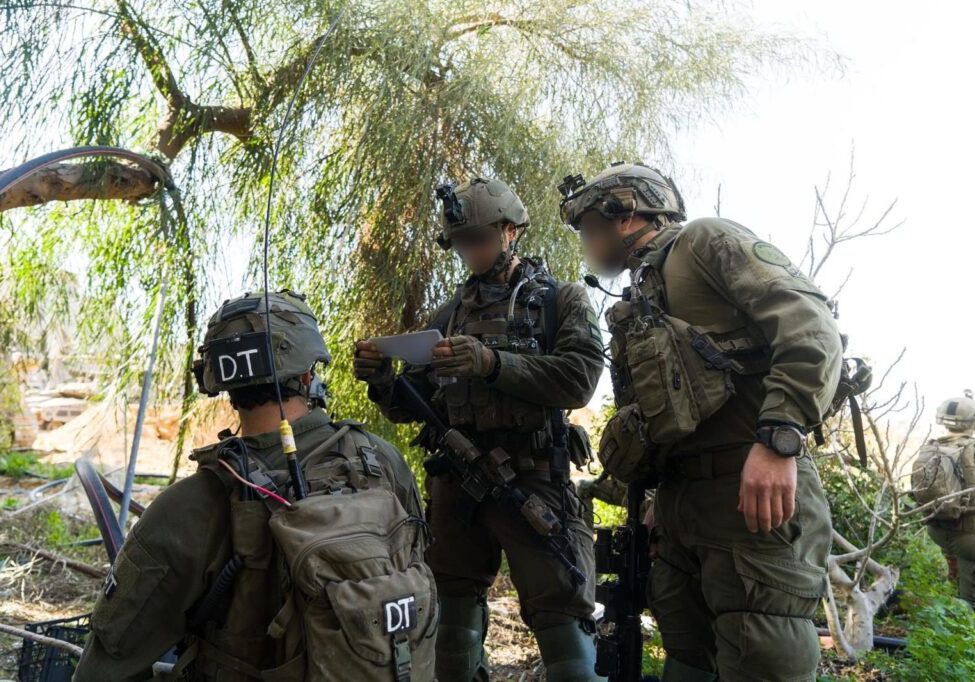Australia/Israel Review
A Refugee Problem with a Message
Dec 23, 2016 | Einat Wilf & Adi Schwartz
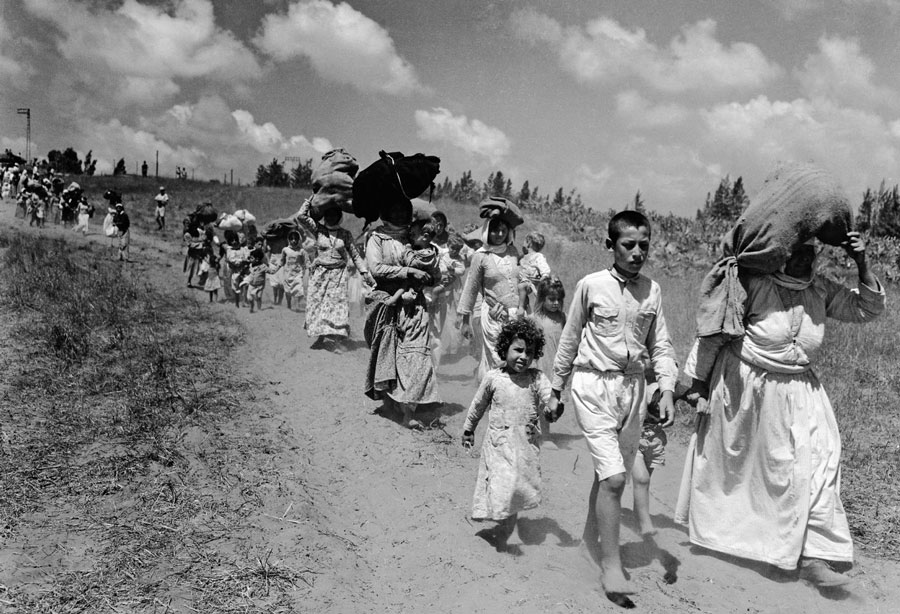
Einat Wilf & Adi Schwartz
Anyone who wants to understand why the conflict between the Zionist movement and the Palestinian Arabs has been going on for over 100 years won’t find the answer in learned discussions of the question as to whether a quarter, a third or half of the Arabs were expelled during the 1948 War of Independence.
Anyone who wants to understand how only as a result of that conflict there are millions of people today claiming to be refugees from a war that ended decades ago, while most of them are descendants who were never expelled, won’t find the answer in a study that investigates whether the residents of some village or other were expelled or fled, how and when.
Even worse: Anyone who focuses on these details on the assumption that they can explain why the problem continues to this day, or tries to figure out why the Israeli-Palestinian conflict is unique, falls into the trap of those who deliberately tried to perpetuate the problem in the first place.
Throughout the 20th century, and especially beginning in mid-century, during the decline of empires, liberation of nations and birth of countries, forced population exchanges were an accepted means of drawing the new borders, and were even considered an essential stage in ensuring peace. Tens of millions of people were removed from their homes, sometimes with great cruelty, and forced to go into exile dozens and thousands of kilometres away, without getting another opportunity to go back and see what they had considered their homeland for hundreds of years.
That was the case in the huge transfer between India and Pakistan in 1947, during which no fewer than 15 million people became refugees. That was the case in post-World War II Europe: Over 12 million Germans were expelled from Eastern Europe and over a million Poles left Ukraine, Lithuania and Belarus. Hundreds of thousands of Chinese people fled from China after the Communists came to power in 1949, and over a million fled from North Vietnam to South Vietnam in the early 1950s.
None of these situations gave rise to a “refugee problem” that hasn’t been resolved to this day. None of the millions who became refugees in the 1940s are seriously asking to return to their previous homes, and certainly they don’t receive international recognition and institutional support for such a demand. Slowly but surely, sometimes with the gnashing of teeth, the refugees were rehabilitated in the countries where they found refuge and began their lives again.
The unique nature of the Palestinian refugee problem and the reason for its continuation to this day are therefore unrelated to the circumstances of its creation: Even if Arabs were expelled during the war, that expulsion wasn’t exceptional in the global context – not in its scope, and certainly not in its cruelty. On the contrary, the Palestinian Arabs themselves carried out total ethnic cleansing against the Jews, and did not leave a single Jew in the territory remaining in their hands at the end of the war in 1949.
That was also the fate of many Jews who had lived in Arab countries for hundreds and thousands of years: Many of them were expelled or had to leave due to the hostile attitude of the local population and the Arab governments, and found refuge in Israel.
The problem of the Palestinian refugees, its centrality in Palestinian awareness and the fact that it is so acute can be understood only in their context within the Palestinian narrative. According to the Palestinians, this was not one of the usual, if regrettable, side-effects of wars, along with the dead and wounded; that’s why it’s different and cannot be compared to the death and expulsion of Jews in that very same war.
The expulsion and flight of the Palestinians is seen as part of a foreign imperialist plot, of which Zionism was the representative and in the first place was meant to expel a native people from its land. The Palestinians refuse to see their departure from the land as something that happens during wars (in their case, the side that started the war and lost was the side that left), but as part of a conspiracy by a population group that had no rights to the land, which forced itself on a country that didn’t belong to it.
The departure of the Arabs from the country during the war, whether through expulsion or flight, has become a symbol of the injustice which, according to them, characterises the entire Zionist project. The deliberate Arab decision to continue to be refugees and not to be rehabilitated during all the decades that have passed since the end of the war was and remains a clear political statement, which means non-recognition of the outcome of the war that centred around the right of the Jewish people to self-definition, at least in part of its homeland.
The Palestinian refugee problem, and particularly its continuation, is not a result of the events of the war itself, but of an Arab and Palestinian decision to convey a clear message: The war they began 69 years ago this week in response to the United Nations Partition Plan, a war whose objective was to prevent the Jewish people from realising its right of self-definition in its homeland – that war isn’t over yet.
Dr. Einat Wilf is a former Member of Knesset for the Labor and Atzmaut parties and has a PhD in political science from the University of Cambridge. Previously, she served as a senior fellow with the Jewish People Policy Planning Institute and a foreign policy adviser to then-Vice Prime Minister Shimon Peres. Adi Schwartz is an Israeli independent journalist who was previously a staff writer and senior editor for Haaretz. Wilf and Shwartz are writing a forthcoming book on the Palestinian refugees. © Haaretz (www.haaretz.com), reprinted by permission, all rights reserved.
Tags: Israel

